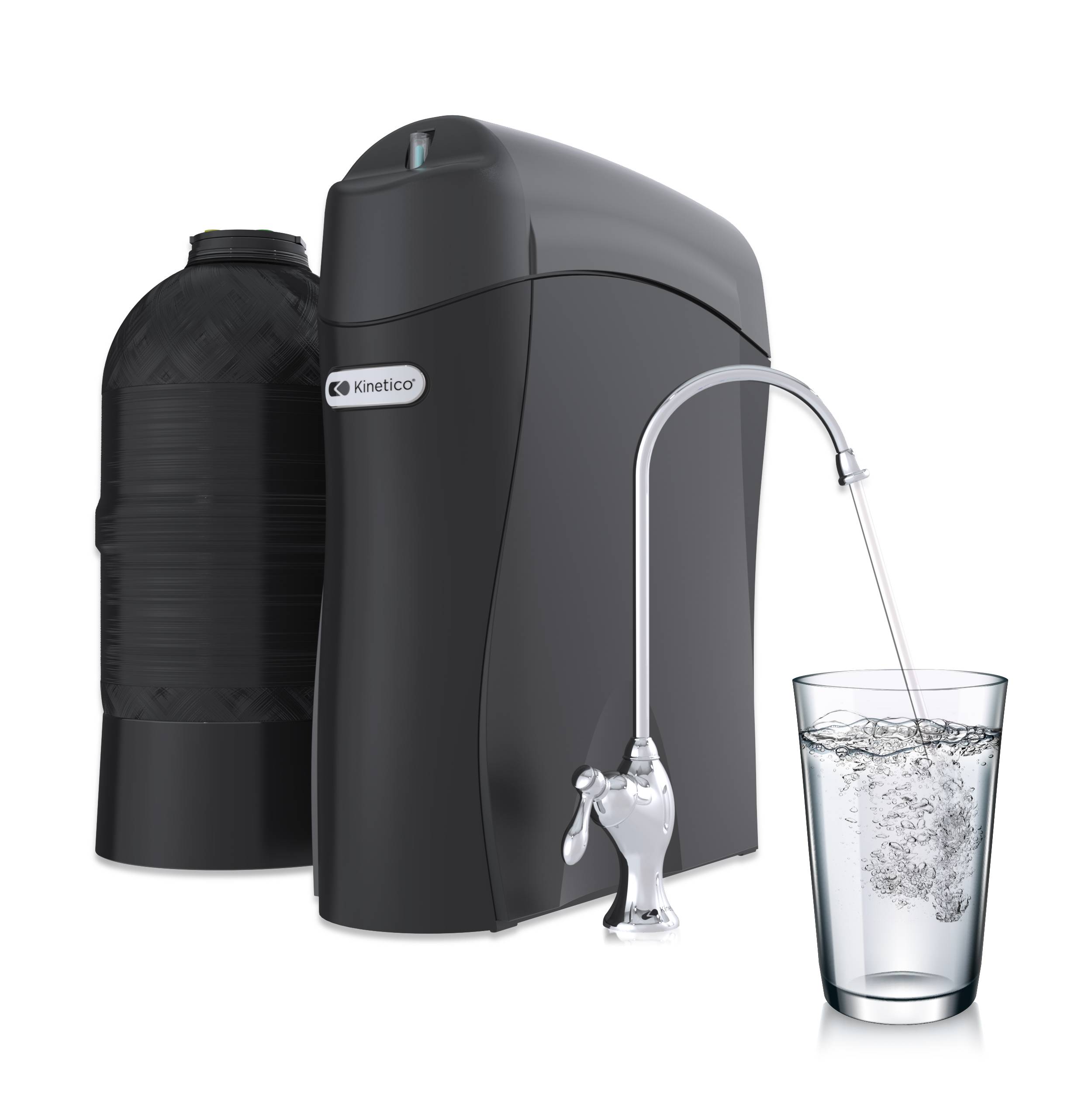So you are interested in a carbon drinking water filtration system? It may seem like the only choice that you have to make is where you want the filter: on your faucet, under the sink, in your fridge, etc. Nothing could be farther from the truth. Each of the systems have different capacities and capabilities.
To hone in on one of the major differences, not all carbon is the same. To start with, carbon that is used in water purification applications can come from different sources. Two of the most popular are coconut shell carbon and coal based carbon. Through processing some of these can be used interchangeably, but not all.
So much of what the carbon will remove is determined it is processed from the carbon ashes. The processers can modify the carbon so that different particle sizes are allowed through. We offer carbon cartridges that range in particle removal capability from 5µm to 50µm. 50µm is about half the size of a human hair. Besides size influences, carbon processors can add a variety of ingredients to help the carbon attract certain contaminants. Some of the carbon that we use has been formulated to remove contaminants like lead or volatile organic compounds (VOCs) or chloramines, a common disinfectant found in municipal supplied water.
As you are comparing products to purchase it is important to know what the product is going to do for you. Some filters might be tested and rated to an NSF standard to remove a minimum amount of the contaminant. Others might be tested by a lab that isn’t sanctioned to run NSF standards. These products would still claim a certain percentage removal of a contaminant, but there wouldn’t be a certification seal by NSF or Water Quality Association (WQA). Still, more may claim that they reduce the amount of a contaminant in your water which could mean anywhere from 1% removal to 99%. For example, a product may claim to reduce pharmaceuticals and it removes 20% of them. While that may have seemed like a little bit of a rabbit hole that we jumped into, it is a useful tool for the consumer to know how their system is going to perform.
As tempting as it is, you can’t get pulled in by the pretty boxes, catchy taglines or flashy TV commercials. You either need to do some research ahead of time or read the box closely. Figure out what contaminants the system removes. Read how much of each contaminant the system removes. Learn how long each system is supposed to remove the contaminant. When you find the system that removes as much as you want of the contaminants that you want for as long as you want, then you can make your purchase with some peace of mind.


